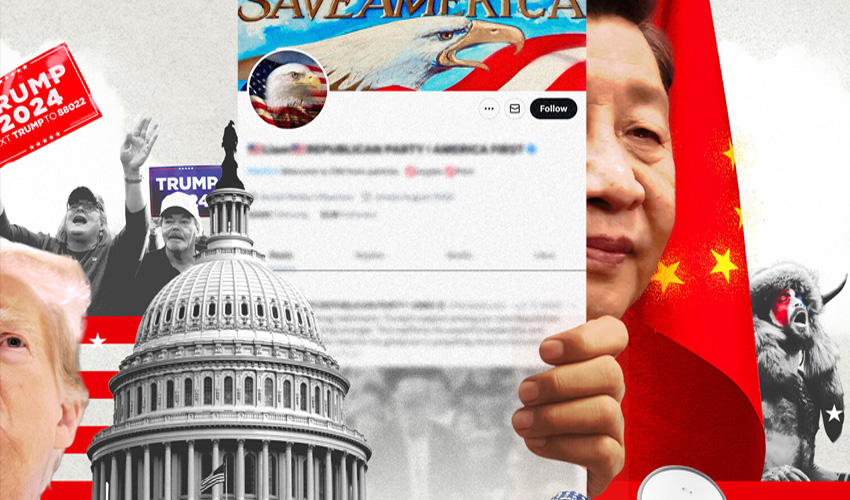Amid the ongoing election campaign, former US President Donald Trump and his vice-presidential candidate, Senator JD Vance, have been targeted in a cyber-espionage operation linked to state-affiliated Chinese hackers. The cyber attack allegedly targeted communications infrastructure, accessing data potentially tied to Trump, Vance, and several political campaigns.
Law enforcement warned the Trump-Vance campaign, saying that equipment or connections used by Trump and Vance may have been swept into a wider breach effort. Sources say besides the ticket of Trump-Vance, there were compromised associates of the Harris-Walz campaign. This attack unveils higher cyber threats to US political figures and their campaigns.
The Trump campaign was quick to assign blame, accusing the Democratic Party of complicity without providing substantiating evidence, claiming the hack was aimed at "preventing President Trump from returning to the White House." However, FBI and Justice Department sources are treating the cyber attack as a foreign espionage attempt rather than a bid to influence campaign outcomes.
Espionage: Not new, but evolving
Foreign hackers have long been a thorn in the side of the United States. The Biden administration, with intelligence agencies, has been quick to look into cases of unauthorized access to commercial telecommunications infrastructure, particularly where China is being implicated. The incidents come at a time when cybersecurity officials continue to state that US adversaries view election season as having 'easy' entry points to influence public opinion.
A joint statement from the FBI and CISA said that the government was aware of "malicious activity" and that appropriate action had been taken to notify and support affected telecommunications companies. They promised that the agencies would "work with industry partners to improve cyber defenses."
One of the companies on this list of targets is Verizon, a telecommunication provider. The company has been supportive of the federal investigation. Verizon spokesperson Rich Young said that they are aware of the involvement of a "highly sophisticated nation-state actor" targeting several US-based telecommunication providers. While specifics cannot be disclosed, Verizon promises to support law enforcement in its efforts and strengthen defense mechanisms to protect consumer information and national interests.
Warnings and preparations from US officials
That was not the first time Iran was threatening a Trump presidential campaign. This summer, prosecutors charged three Iranian nationals who allegedly hacked into a 2020 US presidential campaign-one they linked to Iran's Islamic Revolutionary Guard Corps. Given that both the Trump and Harris-Walz campaigns have been targeted, the extent of these cyber attacks might suggest foreign operators who want to widen their influence within the United States' arena of political conversation.
U.S. National Security Adviser Jake Sullivan has been vociferous about foreign cyber threats to American elections. "Our adversaries see US elections as moments to exert influence, undermine confidence, and try to tip the scale," Sullivan said during an end-summer briefing. His remarks highlighted an increasingly perennial issue: safeguarding national democratic integrity within the shadow of growing cyber threats.
China's expanding cyber footprint
This attack is part of the increasing battle between US and China over cyber activities. Last this January, FBI Director Christopher Wray had warned that the Chinese hackers were becoming more aggressive at attempts to infiltrate American infrastructure: targeting mainly telecommunications networks upon which political and military communication rely for security purposes. However under investigation, this attack is in keeping with the past patterns of cyber exploitation that targeted, or intended to disrupt US critical operations to gather intelligence information.
As the US enters another crucial election cycle, cybersecurity remains at the forefront of national defense strategy. US authorities are making active investments in combating such cyber threats and collaborating with private companies to secure communication channels that political figures rely upon.
The Trump-Vance incident reminds one of the road ahead, with US agencies and their industry partners remaining vigilant and responsive to the evolving tactics from foreign adversaries. A renewed call to develop more stringent cybersecurity strategies also emerges from government entities and private sectors to secure America's democratic process from the looming international threats.


























